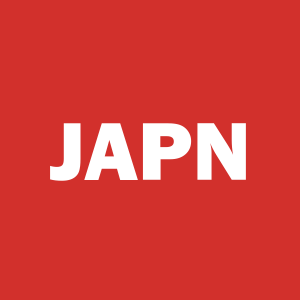Welcome to our dedicated page for Horizon Kinetics Japan Ownr Oprtr ETF news (Ticker: JAPN), a resource for investors and traders seeking the latest updates and insights on Horizon Kinetics Japan Ownr Oprtr ETF stock.
Our selection of high-quality news articles is accompanied by an expert summary from Rhea-AI, detailing the impact and sentiment surrounding the news at the time of release, providing a deeper understanding of how each news could potentially affect Horizon Kinetics Japan Ownr Oprtr ETF's stock performance. The page also features a concise end-of-day stock performance summary, highlighting the actual market reaction to each news event. The list of tags makes it easy to classify and navigate through different types of news, whether you're interested in earnings reports, stock offerings, stock splits, clinical trials, fda approvals, dividends or buybacks.
Designed with both novice traders and seasoned investors in mind, our page aims to simplify the complex world of stock market news. By combining real-time updates, Rhea-AI's analytical insights, and historical stock performance data, we provide a holistic view of Horizon Kinetics Japan Ownr Oprtr ETF's position in the market.
Horizon Kinetics has launched its sixth ETF, the Japan Owner Operator ETF (NASDAQ:JAPN), which began trading on May 13, 2025. The actively managed fund focuses on Japanese companies run by owner-operators who maintain significant ownership positions in their businesses. JAPN aims to capitalize on the emerging trend of Japanese owner-entrepreneurs breaking traditional cultural norms, targeting companies with management that has high industry expertise, strong networks, and commitment to long-term growth.
The ETF differentiates itself from conventional Japanese indexes by investing in primarily domestic-focused businesses rather than export-oriented firms. Portfolio managers Murray Stahl, Aya Weissman, and Utako Kojima see opportunity in the underexplored segment of Japan's 4,000 listed companies, particularly focusing on those that break from the traditionally conservative Japanese corporate culture of maintaining excessive cash reserves.


